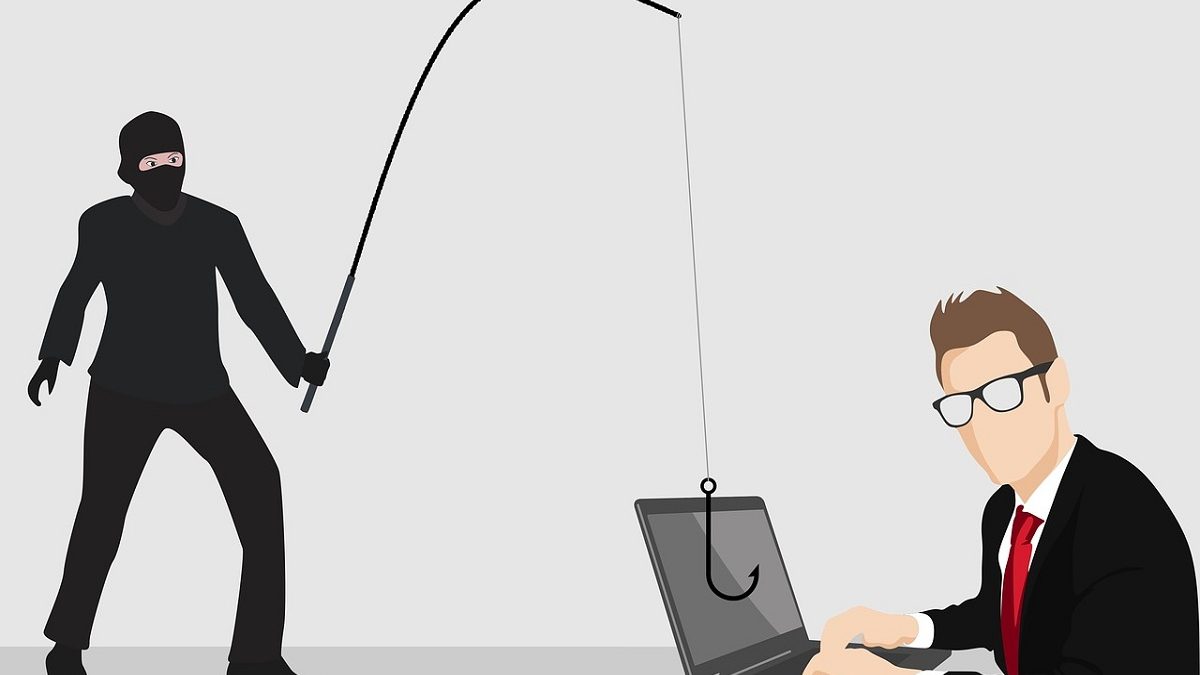Protect Website from Cyber Attacks
Even the most secure websites are vulnerable to attack in one way or another. Your web hosting service will have security measures in place, but it’s not a good bet to rely on your web host alone, especially if you’re using shared hosting.
If your website contains sensitive or personal information, then security and data protection are even more important. While it’s impossible to be 100% guarded against cyber threats, below are five things you can do to protect your data and information from possible invasion.
Table of Contents
Keep Yourself Informed
Keeping yourself informed about recent cybercrimes isn’t paranoia – it helps you take steps to prevent something similar from happening to you. Reading news articles or updates on current cyber threats will give you insight into the ways that your particular website is vulnerable. And help you to determine what (if anything) needs to be done to make it more secure.
In a similar vein, reading articles or blogs for hacking and hackers can also help you to see where the holes are in your own security system. Thinking like a hacker will help you to see where your site’s weak spots are so that you can reinforce them and keep intruders out.
Use an SSL Certificate
Many web hosting packages come with SSL certification. But, if your site doesn’t have one installed, it’s well worth the investment. If your web host doesn’t offer SSL, you don’t necessarily have to change your plan.
There are a number of websites that offer SSL certification for very affordable rates. And, that can be installed without making any changes to your website, domain, or hosting plan.
Many SSL certificates will protect not only your domain but a number of additional subdomains. Which means one certificate can effectively secure your entire site against attack.
Frequent Updates
Updates can be annoying, but they often contain important security patches and are therefore extremely important for protecting your site. Make sure that all of your apps and software are up-to-date and operating on the latest version. If you can, enable automatic updates and schedule them to happen at times that you won’t be using your computer (overnight is often the best choice for this).
It’s important to remember that your “website” as a whole can’t be updated. Each individual theme, plug-in, and any other piece of software needs to be individually updated when the time comes. Again, while this may seem tedious, using an outdated version of a theme or plug-in makes it extremely vulnerable to attack, regardless of how secure your website is. The task of updating your CMS, however, (especially if you’re using WordPress) is often relegated to your web host.
Prioritize Important Data
There’s no way for your entire website to be 100% secure. And, so it can be a waste of energy to try making the entire site hacker-proof. The most efficient approach to securing your site is to prioritize the most important information. Your site’s most sensitive data should be the most difficult to access.
Building extra security measures around your most sensitive information means that. Even if someone does manage to hack into your site, they won’t be able to access anything truly important.
Depending on your hosting plan, you may be able to rely on your host’s security measures to protect the site at large. And, focus on adding your own additional protections around your most important data points.
Cyber Security Assessments
Security assessments are an additional expense, but they are well worth the money. Even an annual assessment by a security expert can dramatically improve the security of your website. And, it takes the pressure of testing, designing, and implementing all of your site’s security measures off of your shoulders.
Whether you are a first-time website owner or an experienced coder. Assessments give you a second pair of (expert) eyes to look at your website. And also determine how its security can be improved.
Better still, an assessor will sometimes install or otherwise implement whatever security features they decide are most appropriate which means less work for you. And, less downtime for your site while it’s being improved.

